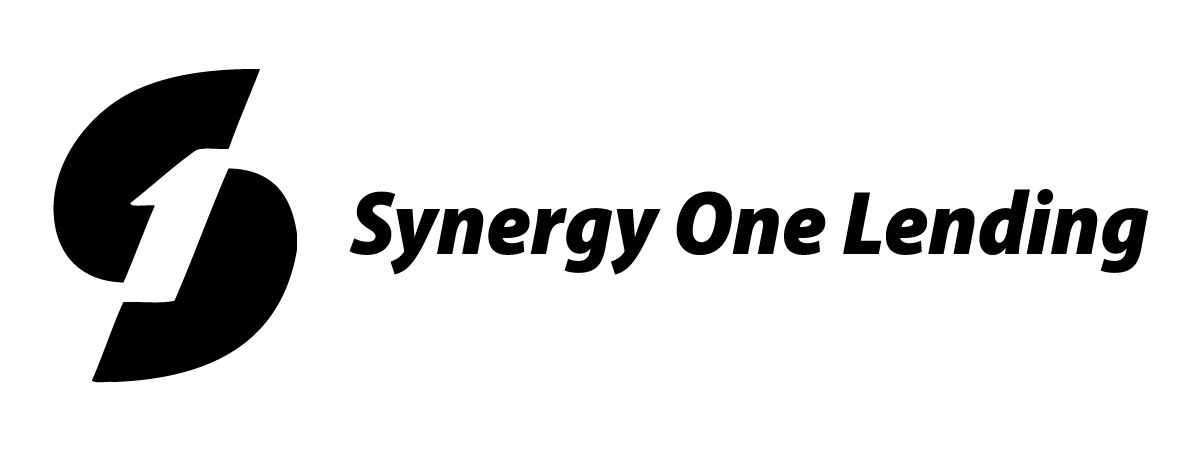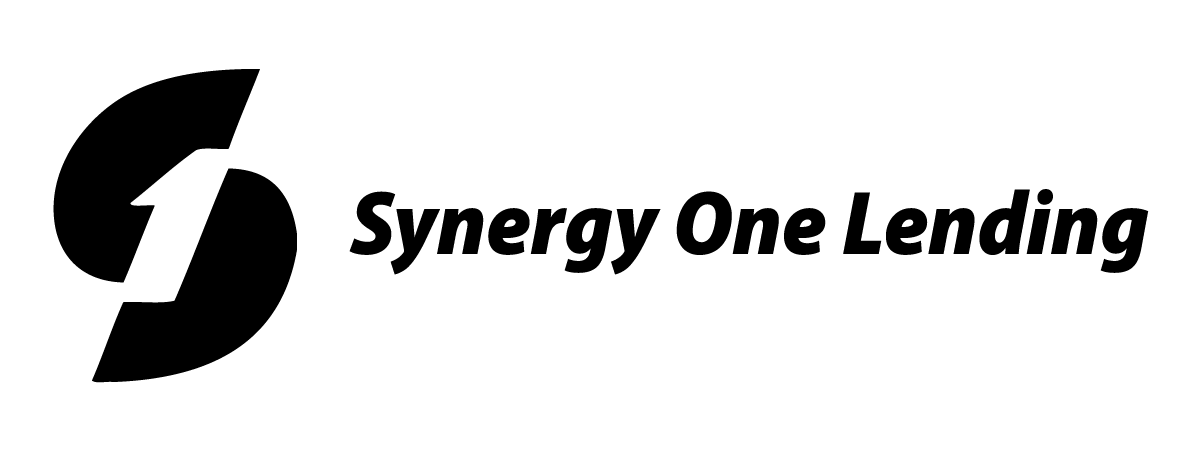Retirement Home Loans in Greenwood Village, Colorado

What Is Retirement Home Loans and Who Should Take Out A Retirement Home Loan?
When applying for a retirement home loan in Colorado, it is essential to consider your income. Most seniors don't have regular monthly cash flow and may not qualify for a mortgage based solely on their pension. To be eligible for a retirement mortgage, borrowers must show that their income is steady and comes from a constant source. To get a mortgage, lenders look at income derived from social security, pensions, and investment income.
Many banks offer mortgages with a 3% down payment. While it is possible to qualify for a lower interest rate by paying down more, it is essential to remember that this type of loan requires mortgage insurance. A 20% down payment, however, will eliminate mortgage insurance. In addition to a lower interest rate, a retirement home loan offers many advantages. In addition to a lower monthly payment, the loan may also have significant tax benefits.
When applying for a retirement home loan, you must be able to prove your income and assets. This means proving that you are retired and relying on Social Security as your primary income. Aside from Social Security, there are other types of income that retirees receive. Retirees must have enough assets to qualify for a loan. It is important to remember that the decision to obtain a retirement home loan must be based on your financial circumstances.
With a few essential precautions, you can increase your emergency funds and reduce your monthly payment. If you have good credit and can pay back the mortgage, you may refinance the loan to get a lower payment. Alternatively, you can refinance at a lower rate.
When applying for a retirement home loan, it is crucial to consider your income level and credit history. While a low credit score does not prevent you from getting a mortgage, it is still a good idea to ensure you are comfortable with the monthly payments. A high income will make it easier for you to qualify for a home loan. If you are a retiree, you should check the requirements of a private mortgage lender.
It is important to remember that a retirement home loan is a significant part of your financial plan. Whether or not you use a reverse mortgage depends on your circumstances. You must make sure your income will cover the costs of the loan before taking out a mortgage.
Who Can Be Eligible For Retirement Home Loans in Colorado?
If you are in your fifties, you may be wondering if you can qualify for a retirement home loan in Colorado. This type of loan allows people with fixed incomes to pay off their mortgage, as long as the remaining balance does not exceed 80% of their income.
If you're retired and still receiving regular payments from your 401(k) or pension, then you'll be eligible for a retirement home loan. This type of mortgage is different from a standard ARM. First of all, it's essential to make sure you'll have regular withdrawals from your accounts for at least three years, and this is not as difficult as it may seem. If you have time to considering all your options, you should start taking regular withdrawals before applying for your loan.
Second, you can use the asset-depletion method. This type of loan can work for retirees who have many investments and don't need much income to qualify. It starts with the current value of your financial assets and divides it by 360 months. You would receive $1,847 per month from your financial assets, and the lender takes 70% of the remaining balance. For example, if you have $1.1 million in financial support, you could qualify for a loan with a down payment of only $950,000.
When determining the eligibility of a retirement home loan, you should first review your financial situation. The substantial down payment required for a retirement loan ranges between 5% to 30%. Nevertheless, if you have a regular monthly income while also being retired from social security or a pension, you can still qualify for a mortgage. This type of loan is the most popular option among retirees and is a popular choice because of low-interest rates and tax breaks.
Retirees with adequate income and assets can apply for a retirement home loan. It is best known as a reverse mortgage. This type of loan is not available to all retirees, but it's an excellent option for those who want a mortgage and need money for emergencies. If you can afford the loan, you'll be able to live comfortably and afford a new home.
To apply for a retirement home loan, you must prove that you're financially stable. The lender will check your income and assets. If you're retired, you will not have a job or a pension, and you can't use your retirement for retirement home loans. A proof of age is must in order to get a retirement home loan. Additionally, you may need to provide additional documents to prove your income.
Retirement Home Loans are a good option for those who have saved for their retirement. These loans are designed to help people with limited incomes afford their dream homes. The best thing about these loans is that they are tax-free. So, you'll save money on your interest and insurance premiums. So, you can buy a new house and not worry about your finances. With this loan, you can take out a mortgage even after your retirement.
A mortgage loan uses your home as collateral. If you're a retiree, you must have a loan-to-value ratio of 80 to 85 percent. For this, you must have a credit score of 620 or more which can be an obstacle to overcome.
A retirement home loan can help you buy a new home, even if you're not yet ready to stop working. Your pension is an essential part of your finances and can help you qualify for a loan. Your pension can be a significant source of income in your retirement, so you should look into this option if you plan on living in a retirement home. In addition to your pension, you should also make sure that you have enough income to pay back your loan. If you don't, you'll have a difficult time meeting your monthly payment obligations.
Who Are Retirement Home Loans For in Colorado?
Those who are about to retire may be concerned that they will not qualify for a mortgage. This isn't the case. Retirees can get a mortgage before they leave their job. To get a mortgage, a retiree must meet the standard credit score and debt-to-income ratio. The lender can also verify a retiree's income by looking at the value of their assets. The required down payment varies depending on the income verification method and can range anywhere between 5% to 30%.
Lenders view pension income as regular income and won't require proof of pension income. They will consider Social Security funds as ordinary income and won't require proof that they will stop coming. These benefits can help reduce your monthly payments and save you money. It can serve as the primary source of income after retirement, even if you have a few other income sources, such as a second job or a child's college tuition.
A lender will use your retirement income to determine your ability to repay a loan. Most lenders will look at your monthly payment from your W2 tax forms. They'll also consider Social Security benefits and income from investments. If you can prove that you can access all of these funds, you're eligible for a retirement home loan. Just remember that the down payment must be a minimum of 10%. If you can pay at least 3% down, the down payment will be waived.
One of the main advantages of a retirement home loan is that it's easy to qualify for a loan. The lender will not ask for proof of employment or age, which means you can get a mortgage without a problem. This is a pertinent factor to think about when deciding on a mortgage because lenders would be reluctant to discuss the subject of death with you. However, if you've been taking regular withdrawals from your retirement accounts, it may be easier to qualify for a mortgage.
While retirement home loans are generally not as risky as short-term mortgages, they are not for everyone. Retired people with substantial assets will be able to use their savings to pay their mortgage. In addition to lowering their monthly payments, these loans are also tax-deductible. If you have a 401(k) or another retirement account, you can use the money for a down payment on your new house. You can also get a reverse mortgage if your 401(k) account is in good standing.
Although borrowing money in retirement is still more complicated than before, it's no longer impossible to get a loan. While there are other advantages, a reverse mortgage is an excellent option for limited income. This type of mortgage requires you to prove that you are legally retired. If you are older, this is a great option. You'll be able to use the funds you've saved for your retirement as collateral.

Best Ideas For Retirement Home Loans in Colorado
When it comes to purchasing a retirement home in Colorado, there are some things to keep in mind. Even though you might have sufficient savings to cover the down payment, other costs are still involved. For instance, you will need to consider property taxes and homeowner's insurance. Besides these expenses, it is also essential to consider how to afford medical care and health insurance. In addition, you will want to make sure that you can cover inflation in the years to come. By using financial professionals and meeting with your loan officer, you will determine which mortgage program will suit your needs the best.
You will need a stable income and enough assets to qualify for a mortgage. Then, you will need to demonstrate that you can repay the loan. For this, you can use your nontaxable retirement income, which may increase your taxable income by 15 to 25 percent. Although a loan is often considered a good idea, you will need to ensure you have sufficient assets to qualify. While these resources can help you secure a home loan, they are not without risks.
While you may think that the retirement home loan is a good idea, specific considerations are to consider. First, you should determine whether you need to retire and move into a smaller home. Your monthly debt must be below, and your credit score should be good. In addition, you should consider if you will be taking regular withdrawals or only sporadic ones. If you don't have a time crunch, you may find that you cannot qualify for a mortgage.
Second, make sure you have enough income to afford your mortgage. Your retirement income may be too small to justify a traditional mortgage. This could be a clever idea, mainly if your goal is to buy a home in your golden years. This can help you build your nest egg and preserve your income and prevent you from facing a difficult financial situation later on. It can also provide you with the money you need to invest in your future.
Reverse mortgages are another type of secured loan. These loans can be used to supplement your income or supplement your retirement budget. Reverse mortgages can be tax-deductible, which is an excellent incentive for senior homeowners. However, a reverse mortgage will cost you more money in the long run. So, when you are looking for a reverse mortgage, it's vital to consult a financial advisor to learn what is best for you.
When considering a reverse mortgage, it's essential to evaluate your credit score before deciding on a retirement home loan. The lower the credit score, the better. And if your credit isn't perfect, you should try to improve it. Remember, the more time you have to improve your credit score, the better. So, be aware of the factors that affect your credit before applying for a reverse mortgage.

